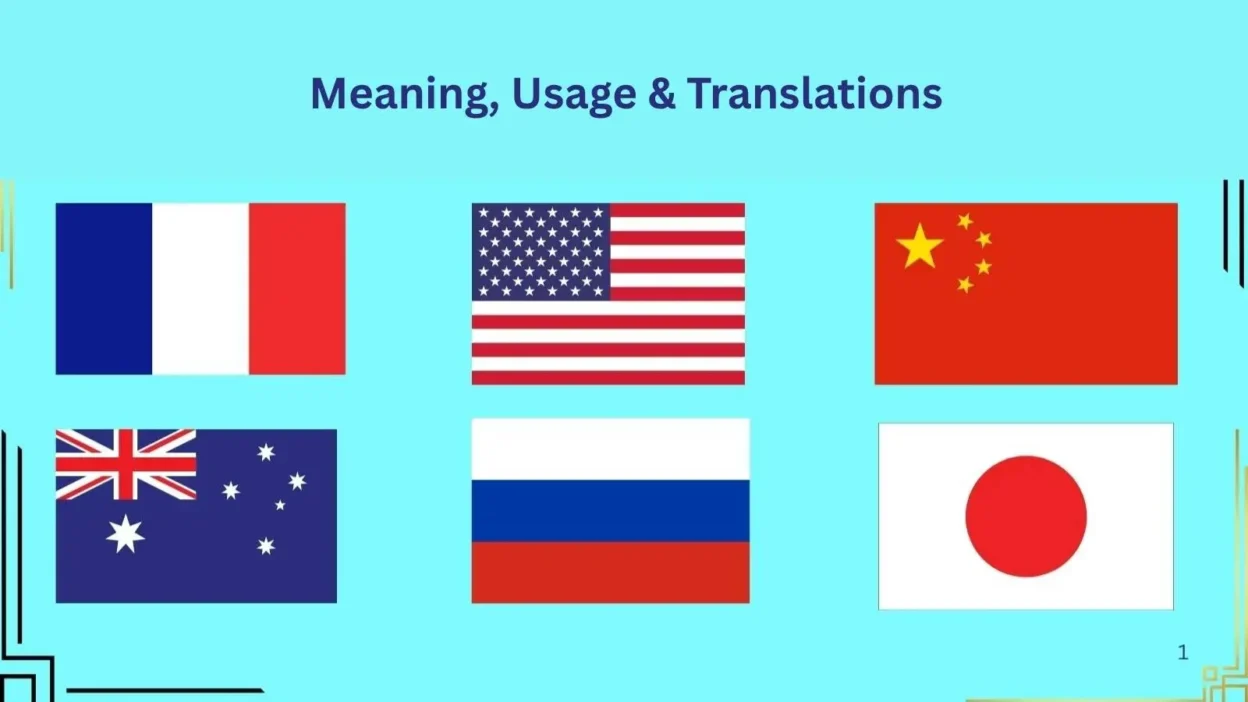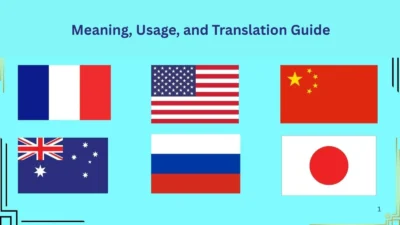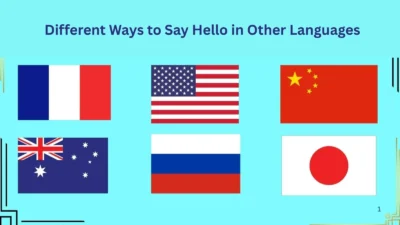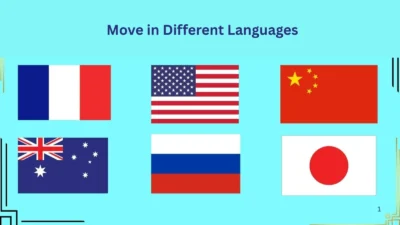Whether you’re writing a romantic message, a poem, a social media post, or just want to express deep affection in a unique way — you might be wondering how to say “my king” in another language.
The phrase feels powerful, noble, and loving. You’re likely searching for it because you want your words to sound more meaningful, exotic, or culturally rich.
This article is your one-stop solution — we’ll explore:
- What “my king” really means.
- How and when to use it.
- And how to say it in 50+ different languages.
By the end, you’ll know exactly how to say “my king” in French, Japanese, Arabic, Zulu, and more — and how to use it like a native.
👑 What Does “My King” Mean?
The phrase “my king” is a term of endearment. It can express:
- Deep respect
- Romantic love
- Admiration for a male partner or figure
People often use it to:
- Compliment someone’s strength or leadership
- Make someone feel special, royal, or empowered
- Replace words like “babe” or “darling” in a creative way
🗣️ Common Usage Examples:
- “You’re not just my boyfriend — you’re my king.”
- “Happy birthday, my king! 👑”
- “Rise and shine, my king! The world is yours.”
🌐 How to Say “My King” in Different Languages
Here is a list of translations for “My King” in different languages — with phonetic pronunciation when helpful.
| Language | Translation | Pronunciation (if needed) |
| Arabic | ملكي | Maliki |
| French | Mon roi | Mon rwa |
| Spanish | Mi rey | Mee ray |
| Italian | Mio re | Mee-oh reh |
| German | Mein König | Mine Kurn-ig |
| Hindi | मेरा राजा | Mera raja |
| Urdu | میرا بادشاہ | Mera Badshah |
| Portuguese | Meu rei | May-o ray |
| Turkish | Benim kralım | |
| Russian | Мой король | Moi karol’ |
| Chinese (Mandarin) | 我的国王 | Wǒ de guówáng |
| Japanese | 私の王 | Watashi no ō |
| Korean | 나의 왕 | Na-ui wang |
| Swahili | Mfalme wangu | |
| Greek | Ο βασιλιάς μου | O vasilias mou |
| Filipino/Tagalog | Aking hari | |
| Thai | ราชาของฉัน | Rāchā khōng chạn |
| Persian (Farsi) | پادشاه من | Pādshāh-e man |
| Zulu | Inkosi yami | |
| Yoruba | Ọba mi | |
| Malay/Indonesian | Raja saya | |
| Hebrew | המלך שלי | Ha-melech sheli |
| Vietnamese | Vua của tôi | |
| Polish | Mój król | |
| Dutch | Mijn koning | |
| Romanian | Regele meu | |
| Bengali | আমার রাজা | Amar raja |
| Tamil | என் ராஜா | En raaja |
| Telugu | నా రాజు | Nā rāju |
| Ukrainian | Мій король | Miy korol |
| Czech | Můj král | |
| Hungarian | Királyom | |
| Swedish | Min kung | |
| Finnish | Kuninkaani | |
| Danish | Min konge | |
| Slovak | Môj kráľ | |
| Croatian | Moj kralj | |
| Serbian | Moj kralj | |
| Malay (Jawi) | راج كؤ سيا | Raja ku saya |
| Estonian | Minu kuningas | |
| Latvian | Mans karalis | |
| Lithuanian | Mano karalius | |
| Icelandic | Kóngurinn minn |
🧠 How to Use These Phrases Correctly
Here’s how to naturally use “my king” in other languages:
- In Messages: “Good morning, mon roi 👑” (French)
- In Captions: “With mi rey at the beach today 🌊❤️” (Spanish)
- In Poetry: “Tu eres mi rey, el dueño de mi alma.” (You are my king, the owner of my soul)
✅ Tip: Always match the tone and formality to the language. Some cultures may use more formal or poetic expressions of affection.
💬 Why Learn This?
Learning how to say “my king” in different languages:
- Adds flavor to your conversations
- Makes your message stand out
- Helps you connect across cultures
- Expresses deep emotion in a memorable way
Whether you’re impressing a loved one or creating global content, using the right phrase makes a powerful impression.
✅ Conclusion
The phrase “my king” carries honor, love, and admiration. When you learn to say it in another language, you unlock emotional depth that goes beyond words. You’re not just translating — you’re personalizing your love or respect in a way that touches hearts.
Next time you want to tell someone they mean the world to you… do it in a new language.



